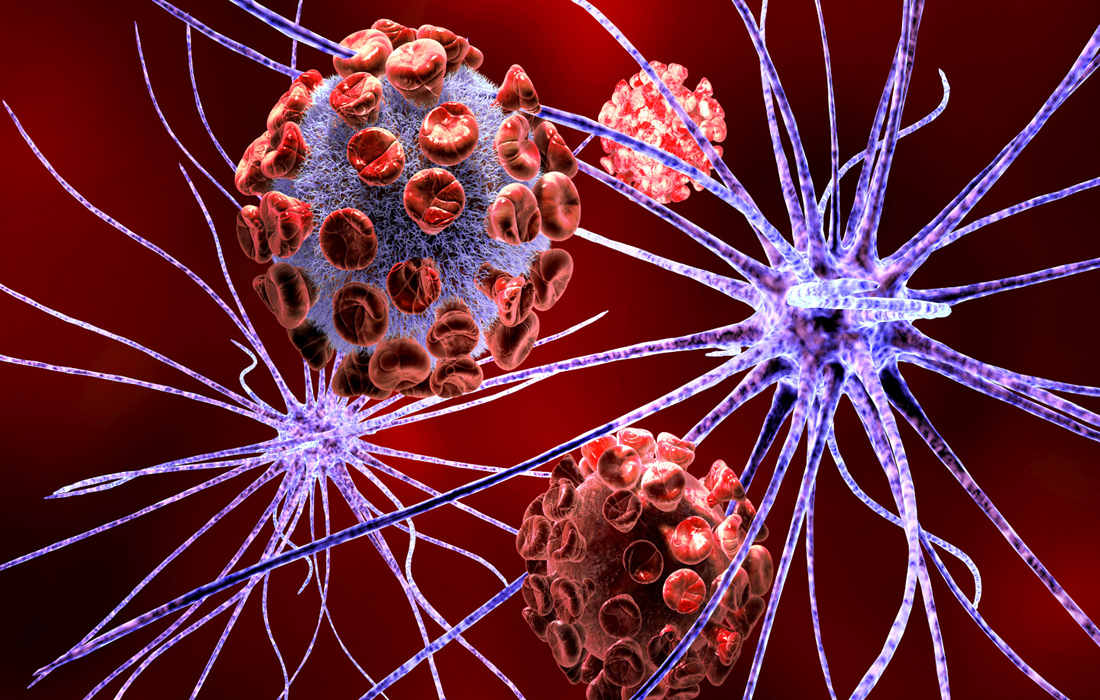Stem Cell Therapy for Specific Conditions
Stem Cell Therapy for Multiple System Atrophy
What is Multiple System Atrophy?
Multiple system atrophy (MSA) is a rare, degenerative neurological disorder affecting your body’s involuntary (autonomic) functions, including blood pressure, breathing, bladder function, and motor control.
Formerly called Shy-Drager syndrome, olivopontocerebellar atrophy, or striatonigral degeneration, MSA shares many Parkinson’s disease-like symptoms, such as slow movement, rigid muscles, and poor balance.
Is characterized pathologically by a-synuclein-positive glial cytoplasmic inclusions in the brain and spinal cord.
There is currently no curative treatment. The therapy includes medications to help manage symptoms and lifestyle changes.
What Causes Multiple System Atrophy?
There is no known cause for MSA. Researchers are studying a possible inherited component or involvement of an environmental toxin in the disease process, but there’s no substantial evidence to support these theories.
The disease causes deterioration and shrinkage (atrophy) of portions of the brain, like the cerebellum, basal ganglia, and brainstem that regulate body functions, digestion, and motor control.
Types of MSA
MSA symptoms typically develop in adulthood, usually in the 50s or 60s, and are classified into 2 types: parkinsonian and cerebellar.
Parkinsonian type
The most common type of MSA. Symptoms can include rigid muscles, difficulty bending the arms and legs, slow movement (bradykinesia), tremors, and balance problems.
Cerebellar type
The main symptoms of this type are muscle coordination (ataxia), but it can also include impaired movement and coordination, such as gait and loss of balance, slurred speech (dysarthria), visual disturbances, and difficulty swallowing or chewing.
MSA can also cause other difficulties related to involuntary body functions, which are regulated by the autonomic nervous system. Some of them can include:
- Urinary and bowel dysfunction (constipation; loss of bladder or bowel control).
- Sweating abnormalities (reduced production of sweat, tears, and saliva), impaired body temperature control, and heat intolerance due to reduced swelling.
- Sleep disorders.
- Sexual dysfunction.
- Cardiovascular problems.
- Psychiatric problems.
Current Treatment Options
Unfortunately, there’s no cure for MSA. Managing the disease involves treating signs and symptoms to make the individual as comfortable as possible and to maintain the body functions.
Disease progression is much faster in MSA patients than in Parkinson’s disease, and there is no drug treatment that provides MSA patients with consistent long-term benefits.
Different medications are used depending on the patients’ signs and symptoms, and they can include:
- Medications to reduce Parkinson’s disease-like symptoms, such as levodopa and carbidopa.
- Impotence drugs.
- Bladder care, which can include medications in earlier stages or the use of a urinary catheter.
- Physical therapy to help maintain as much motor and muscle capacity as possible.
Regenerative Medicine Treatments
Cell therapies using mesenchymal stem cells (MSCs) have been gaining interest in the field of neurodegenerative disorders due to their different properties. MSCs are capable of multipotency, differentiating under appropriate conditions into chondrocytes, skeletal myocytes, and neurons.
According to recent studies, the neuroprotective effect of MSCs is mediated by their ability to produce various trophic factors that contribute to functional recovery, neuronal cell survival, and stimulation of endogenous regeneration and by immunoregulatory properties that not only inhibit nearly all cells participating in the immune response cell-cell-contact-dependent mechanism, but also release various soluble factors associated with immunosuppressive activity.
In a study published in the journal Clinical Pharmacology & Therapeutics, researchers evaluated the use of MSCs in 11 patients with MSA who received consecutively intra-arterial and 3 repeated intravenous injections for 3 months and compared the results with 18 nontreated MSA patients. The improvement in neurological deficits as measured on the Unified MSA Rating Scale was significantly greater in MSC-treated patients than those nontreated after 12 months.
This study demonstrated that MSC therapy in patients with MSA was safe and delayed the progression of neurological deficits with the achievement of functional improvement in the follow-up period.
Sources;
https://www.mayoclinic.org/diseases-conditions/multiple-system-atrophy/symptoms-causes/syc-20356153
Lee, P., Kim, J., Bang, O., Ahn, Y., Joo, I., & Huh, K. (2007). Autologous Mesenchymal Stem Cell Therapy Delays the Progression of Neurological Deficits in Patients With Multiple System Atrophy. Clinical Pharmacology & Therapeutics, 83(5), 723–730. doi:10.1038/sj.clpt.6100386
Lee PH, Park HJ. Bone marrow-derived mesenchymal stem cell therapy as a candidate disease-modifying strategy in Parkinson’s disease and multiple system atrophy. J Clin Neurol. 2009;5(1):1-10. doi:10.3988/jcn.2009.5.1.1
Image from:

